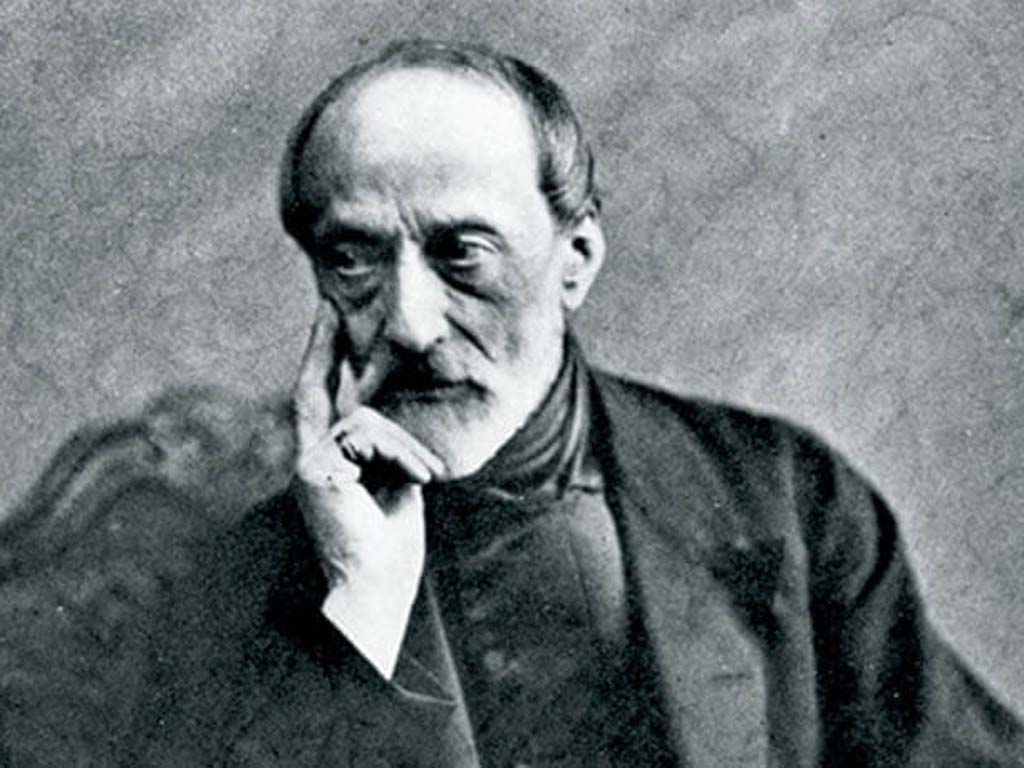“Music is the fragrance of the universe.” An intense and passionate phrase that does not belong to a musician, as one might think. The author is instead a man better known as a politician, journalist, and activist for the unification of Italy and founder of the secret revolutionary society Young Italy.
In his 1836 essay Filosofia della Musica (Philisophy of music), Giuseppe Mazzini demonstrates his deep knowledge of music, recognizing its social and revolutionary role. For Mazzini, music, especially opera, was closely linked to the dream of a united Europe, free and marked by progress and emancipation. Mazzini’s idea consisted in transforming opera into a social art which combines Italian music (which Mazzini associates with melody and the individual) and German music (associated with harmony and society).
The result would be a moral-operatic drama, situating individuals within a greater society, and manifesting itself in a cosmopolitan or pan-European style of music. Choirs such as that of Nabucco (the famous “Va’, pensiero”), I lombardi alla prima crociata (Oh Signore, dal tetto natio) and Ernani (Si ridesti il leon di Castiglia) were created (more or less deliberately) in such a way as to make the audience identify and provide them with a desperate battle cry. Mazzini speaks of Gaetano Donizetti with particular enthusiasm, considering him the only Italian musician in whom the presentiments of renewal could be discerned. Finally, Mazzini hopes that young people will get as close as possible to the great musicians of a specific historical period to grasp the creative spirit of their works. His statements are very similar to the concept expressed in a letter by Giuseppe Verdi in 1871, 35 years after the “Philosophy of Music“.


